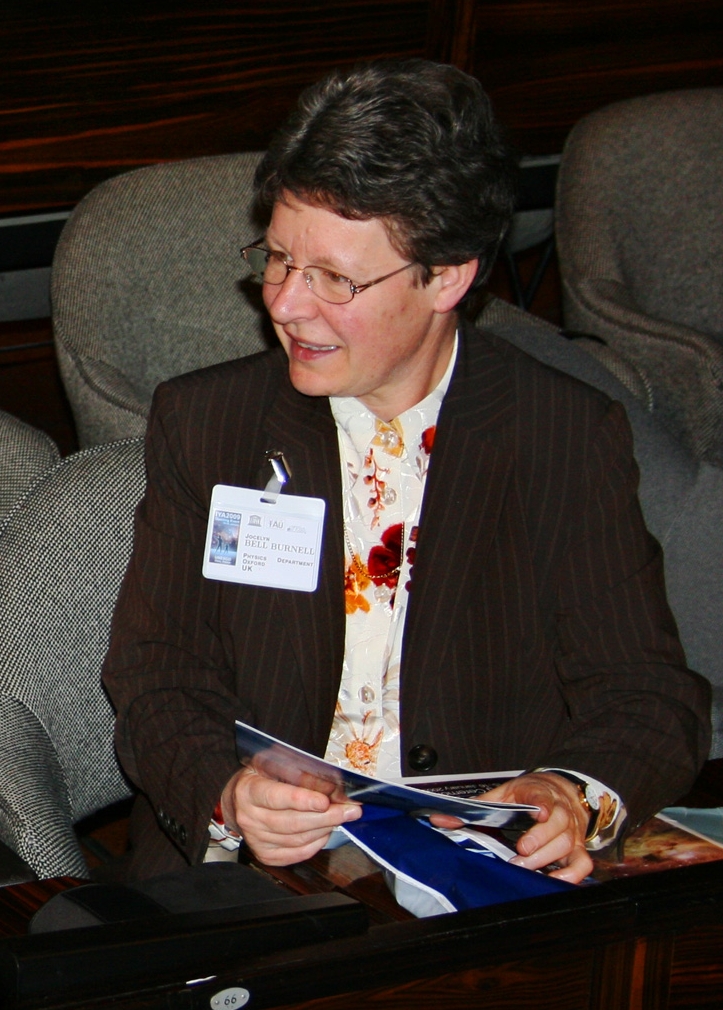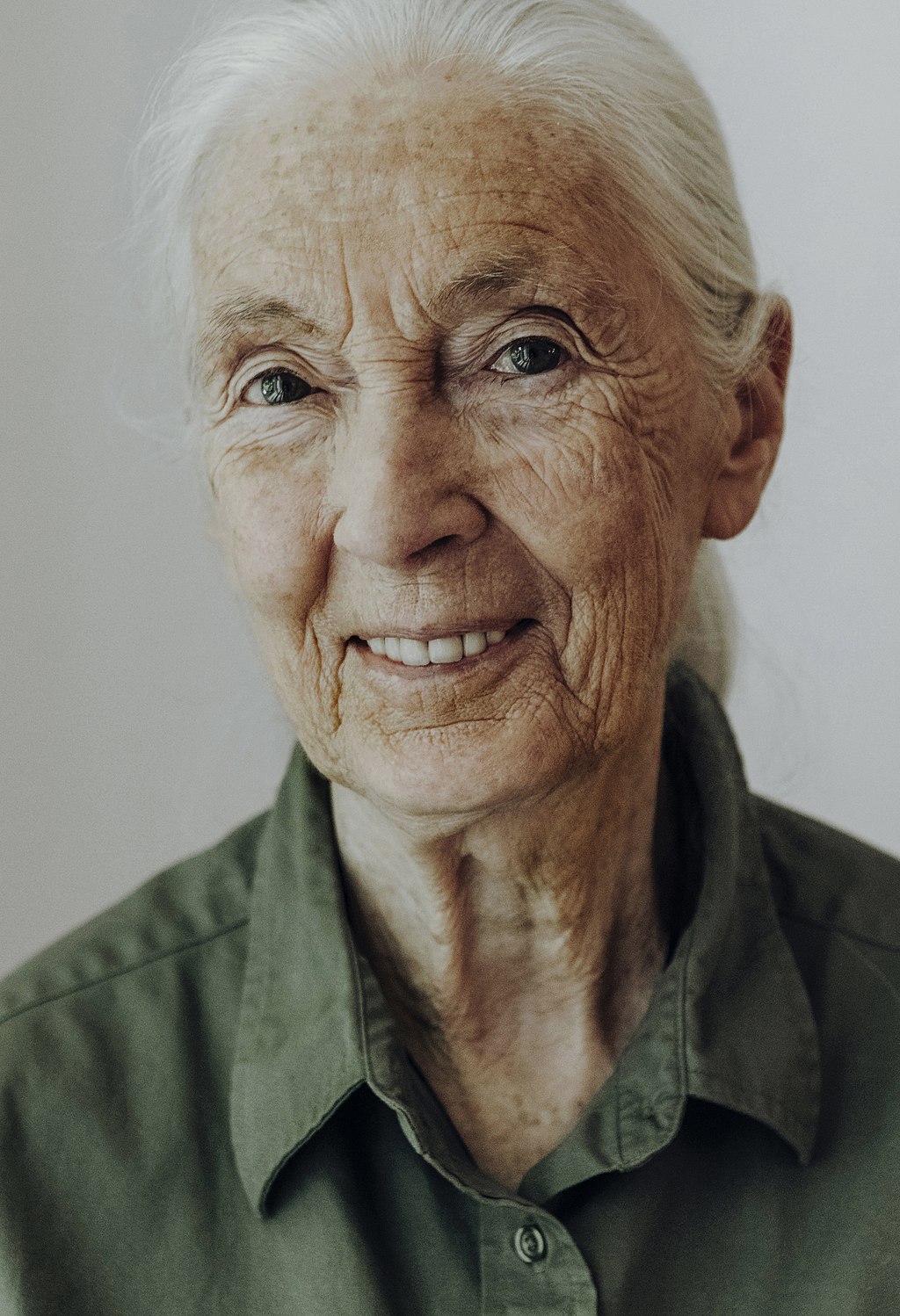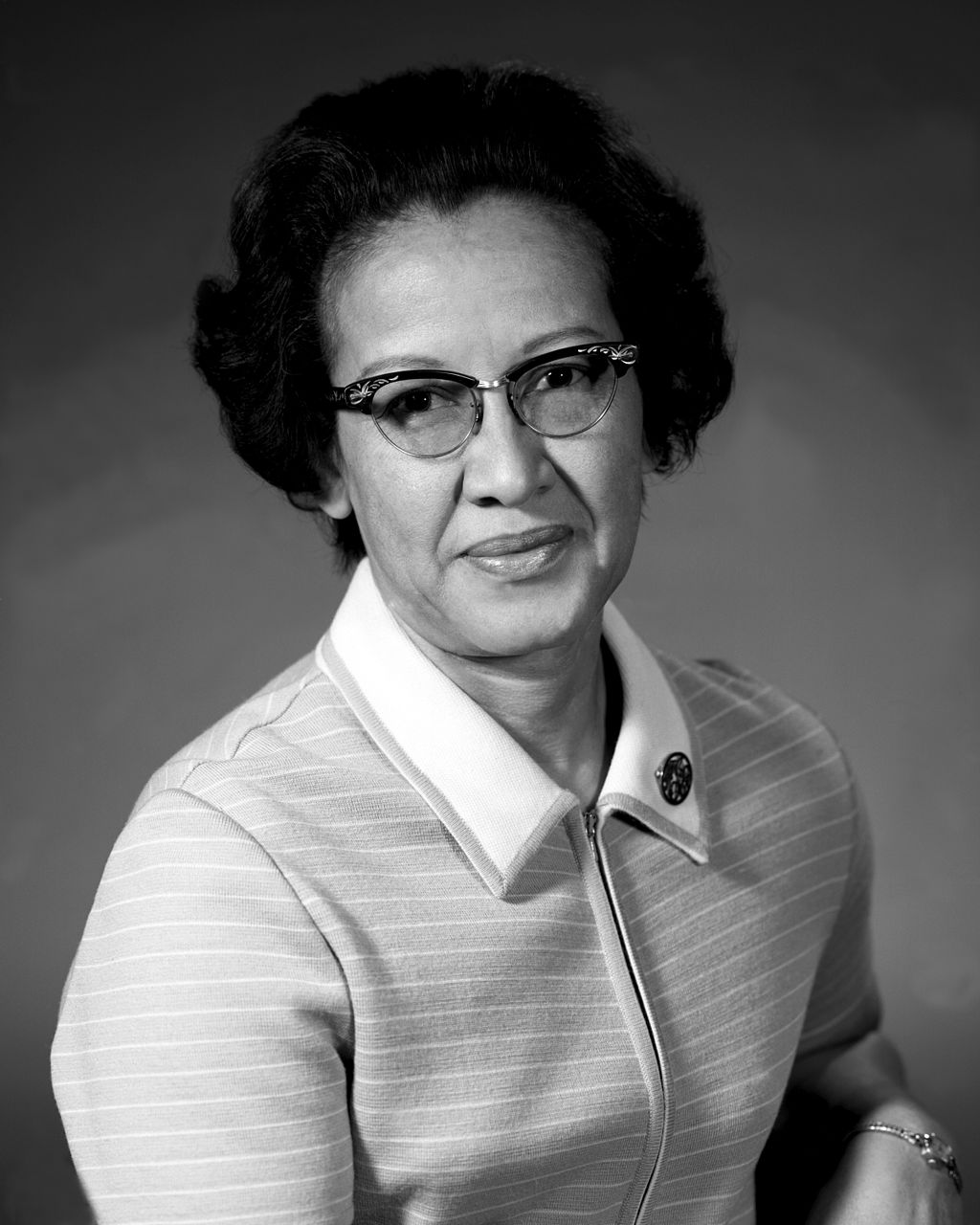With March being Women’s History Month, let’s shine a spotlight on some female scientists throughout history. They’ve all made significant contributions in their fields, however, most of them didn’t receive the recognition they deserved at the time.
Dame Jocelyn Bell Burnell

A Northern Irish astrophysicist who became the first person to discover radio pulsars whilst still a postgraduate student. Dame Jocelyn Bell Burnell was working towards her PhD at Cambridge University when she analysed data produced by a radio telescope used to track quasars – NOT pulsars (a key difference between the two is that quasars are much more massive than pulsars, which are highly magnetised rotating neutron stars). After a few months of interpreting the data, she noticed markings on the charts that were too fast and regular to be a pulsar – this was the first evidence of a pulsar. After this astounding discovery, it was unfortunately Jocelyn’s advisor Antony Hewish and astronomer Martin Ryle who won the Nobel Prize for the finding. However, Dame Jocelyn finally received the proper recognition in 2018, when she was awarded the Special Breakthrough Prize in Fundamental Physics. She donated the cash prize of $3 million to the Institute of Physics to fund women, under-represented ethnic minority and refugee students to research physics.
Jane Goodall

At the age of 23, Jane Goodall fulfilled her dream of travelling to Kenya to study primates. There, she met Dr Louis Leakey who mentored her and helped her to travel to Tanzania to find chimpanzees to study. Jane gained the trust of the chimpanzees and was fortunate enough to see how they lived – she saw them eating meat and using various tools to do so. This was ground-breaking as it challenged the current ideals on defining characteristics of humans – the use of tools and creation. Her continued research into the social interactions of chimpanzees paved the way for the emotional and intellectual capabilities of other non-human animals to be studied. In her later life, Jane turned to conservation and worked towards inspiring younger generations to help safeguard endangered wildlife.
Katherine Johnson

Katherine Johnson was a mathematician and ‘computer’ who solved equations by hand during NASA’s early years, and for their preceding organisation, NACA (the National Advisory Committee for Aeronautics). Early in her career, Katherine worked in a racially segregated computing group in Virginia, which wasn’t dissolved until NASA’s formation in 1958. Her early work focused on planes, however, she went on to work on Project Mercury, the USA’s first human space programme which ran early on in the space race – NASA aimed to beat the Soviet Union to send a human into orbit and return them safely. Katherine worked to compute the trajectories for the launches. The work of Katherine Johnson and the rest of her computing group went largely uncredited for a long time – in the 2016 film Hidden Figures, the work of three particular mathematicians from the racially segregated group was put into the spotlight, with their contributions finally receiving mainstream recognition. Also, in 2015 Katherine received the USA’s highest civilian honour when President Barack Obama awarded her the Presidential Medal of Freedom.

